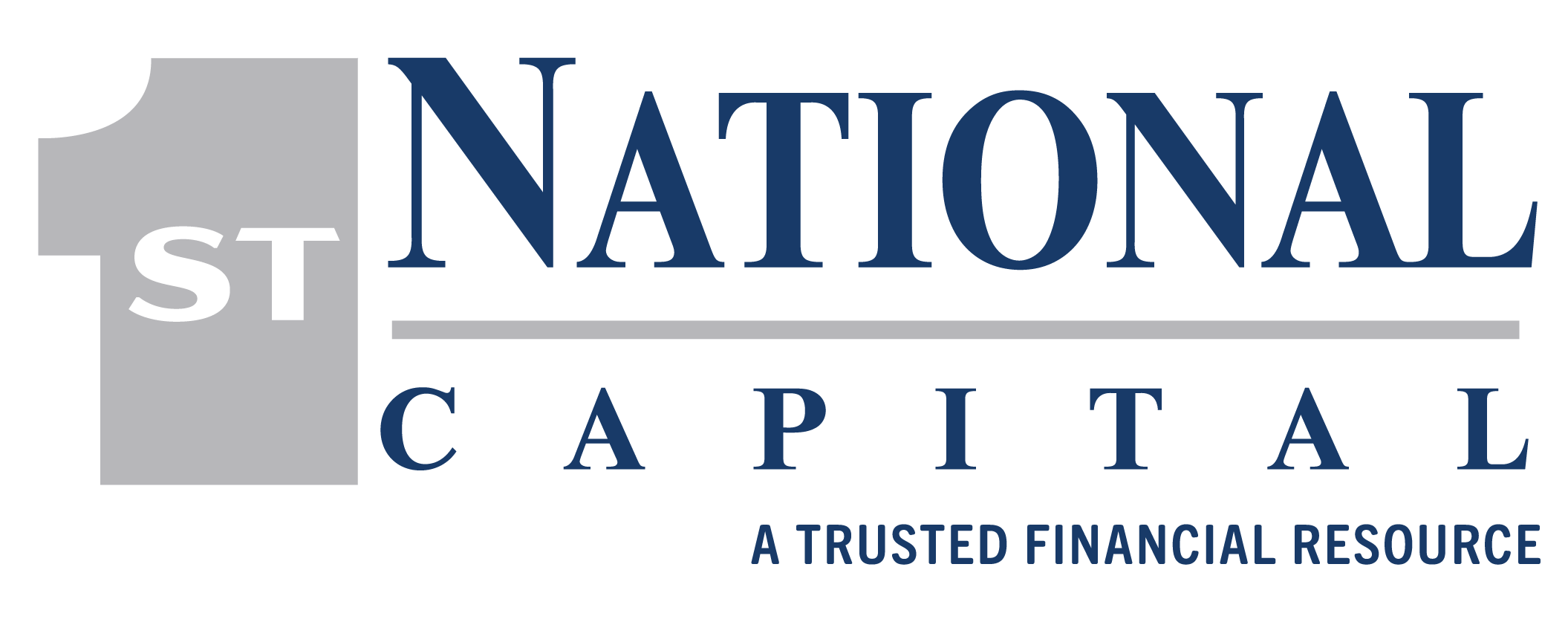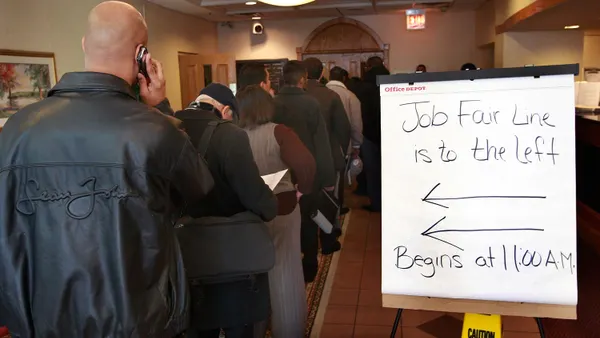CFOs are increasingly ready to use a managed-services delivery model for middle-office functions such as transaction processing and risk management.
The services, in which CFOs outsource back-office functions like accounts payable and accounts receivable, enable CFOs to create the internal infrastructure to compete with faster-to-market or better resourced competitors without steep upfront investment.
“With fixed monthly pricing, cloud-enabled service platforms offer finance organizations cost predictability without putting a strain on the finite discretionary capital,” David Brown, board leadership executive director for KPMG, said in a report the firm has released on the trend.
Managed services can also offer CFOs immediate access to rapidly evolving technologies, including cloud-based tools, automation and artificial intelligence, Brown said.
Access to state-of-the-art technology can be particularly helpful when it comes to risk and control, he said, because it gives CFOs confidence these functions will keep pace with rapid change.
There’s one other benefit: it gives CFOs access to top talent, helping in-house staff get up to speed on the latest tools and techniques.
Steady investment
If you’re thinking about bringing in outsourced help, Brown said, look for providers with consistent and demonstrated investment in the functional areas that need to be augmented. That means you want to hire a service that has invested in the latest technology and has the talent to optimize the systems they use.
Additionally, look for providers whose technology and procedures can blend in easily with your operations with preconfigured components and tested roadmaps.
To counter the bias towards “made here” against going elsewhere for services, Brown said, middle-office managed services must be helping deliver continued value towards strategic priorities.
“CFOs are looking for providers willing and able to meet them where they are now, deliver measurable results quickly, and then go the distance with them as the frontiers of best practices and technology evolve,” he said.
In-house benefits
Middle-office managed services goes beyond cost savings, according to Magistral Consulting, an international provider in the space. That’s because the providers, by keeping their talent up to speed on the latest processes and technology, can enhance the skill of the in-house team.
“It’s possible because the vendor is working across geographies, financial institutions and investment philosophies,” the company said. “A vendor can now bring a fresh...perspective to the operations and help the financial institution up its game.”
Magistral said middle-office managed services first took hold at investment banks, but smaller institutions such as private equity, venture capital, family offices and real estate businesses are beginning to experiment with them.
EY, another provider, said middle-office managed services can help CFOs transform and update back office systems to meet the demands of a rapidly changing business landscape.
“Companies that fail to seamlessly blend new back-office systems and tools with product development can encounter persistent problems in the implementation phase,” the consulting company warned.
According to CohnReznick, an advisory firm, businesses increasingly are leveraging external managed services and outsourcing models to improve their operational capabilities, reduce costs, and extend the bandwidth of their people.












